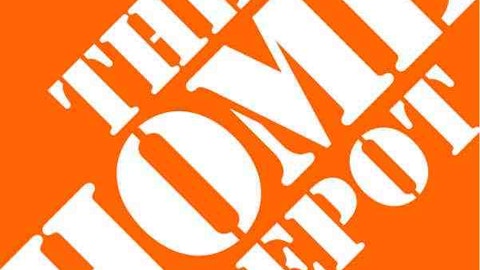
Mr. Murray believes the main culprit was the payroll-tax increase that went into effect at the beginning of the year. Other retail stocks catering to the low end of the market, also followed suit with Target Corporation (NYSE:TGT) off 1.6%, and Family Dollar Stores, Inc. (NYSE:FDO) off 1.2% in sympathy.
Analysts believe that the working poor, who are make-up a good percentage of customers for each of these companies, would be most adversely affected by what is essentially a 2% tax hike on peoples’ paychecks, who were additionally squeezed by a recent increase in gas prices.
According to the following Motley Fool column, “Family Dollar has lost a quarter of its value as margins have shrunk and sales growth has slowed. With the payroll-tax holiday having ended on Jan. 1, deep-discounter customers have taken a big hit to their disposable income, and that may be hurting Family Dollar and its peers even more than they’re hurting Wal-Mart.” Wal-Mart hasn’t lost nearly as much value in the same time, and the earnings per share estimate was only cut a penny by analysts. One advantage that Target has over others is that they currently offer “online only products.”
While Wal-Mart was quick to downplay the leak, and some analysts stated that trouble in one locale does not necessarily mean trouble for all, I tend to disagree.
What we are seeing is the effect of public consumption on private. The working poor are especially vulnerable, as their discretionary spending, already low, is impacted to a greater degree than those of more affluence by any payroll tax-hike.
Say someone making $2,000 a month has $400 to spend after all fixed expenses (rent, health care, car insurance, etc.) are paid for. 2% of his paycheck is $40, or 10% of disposable income, while someone making $4,000 a month with $1,000 left over after substantially higher fixed expenses still has $920 to spend (8% of disposable income in this example which is fairly conservative considering how much higher I estimated his fixed expenses) … it’s easy to see if your clientele is predominately people of lower levels of income, you are going to be getting much less business.
Businesses believed this would happen in January when the tax increase took place, and were mildly relieved when sales ticked up, according to this Washington Post column.
Maybe the rise in gas prices exacerbated the tax hike; maybe people held their noses and put a little extra down on their credit card in January- an action not sustainable for terribly long, though lord knows we’ve tried as both individuals and a country
Either way, this is the effect of public (government) spending crowding out private. We as a country (and world) have spent beyond our means for so long that a day of reckoning is coming. At some point we have to pay back, thus the payroll tax hike, or as some might call it, “a return to normal social security tax rates.” Responsible? Maybe. But this is why economists like Paul Krugman are so vehemently against austerity measures believing they will put a stalled economy into a downward dive.
To me, this is an illustration of why the market, and all consumer stocks are vulnerable. What I would be very curious to know is whether some of these sales have shifted online (especially given the gas hike,) and how Amazon.com, Inc. (NASDAQ:AMZN) fared during this time period.
And of course, it’s just one leaked email, but as an investor it is important to be aware of how tax policy can have macro-economic impacts and affect the value of your portfolio.
The article Are Wal-Mart Sales The Canary in the Coal Mine? originally appeared on Fool.com and is written by Margie Nemcick-Cruz.
Copyright © 1995 – 2013 The Motley Fool, LLC. All rights reserved. The Motley Fool has a disclosure policy.





